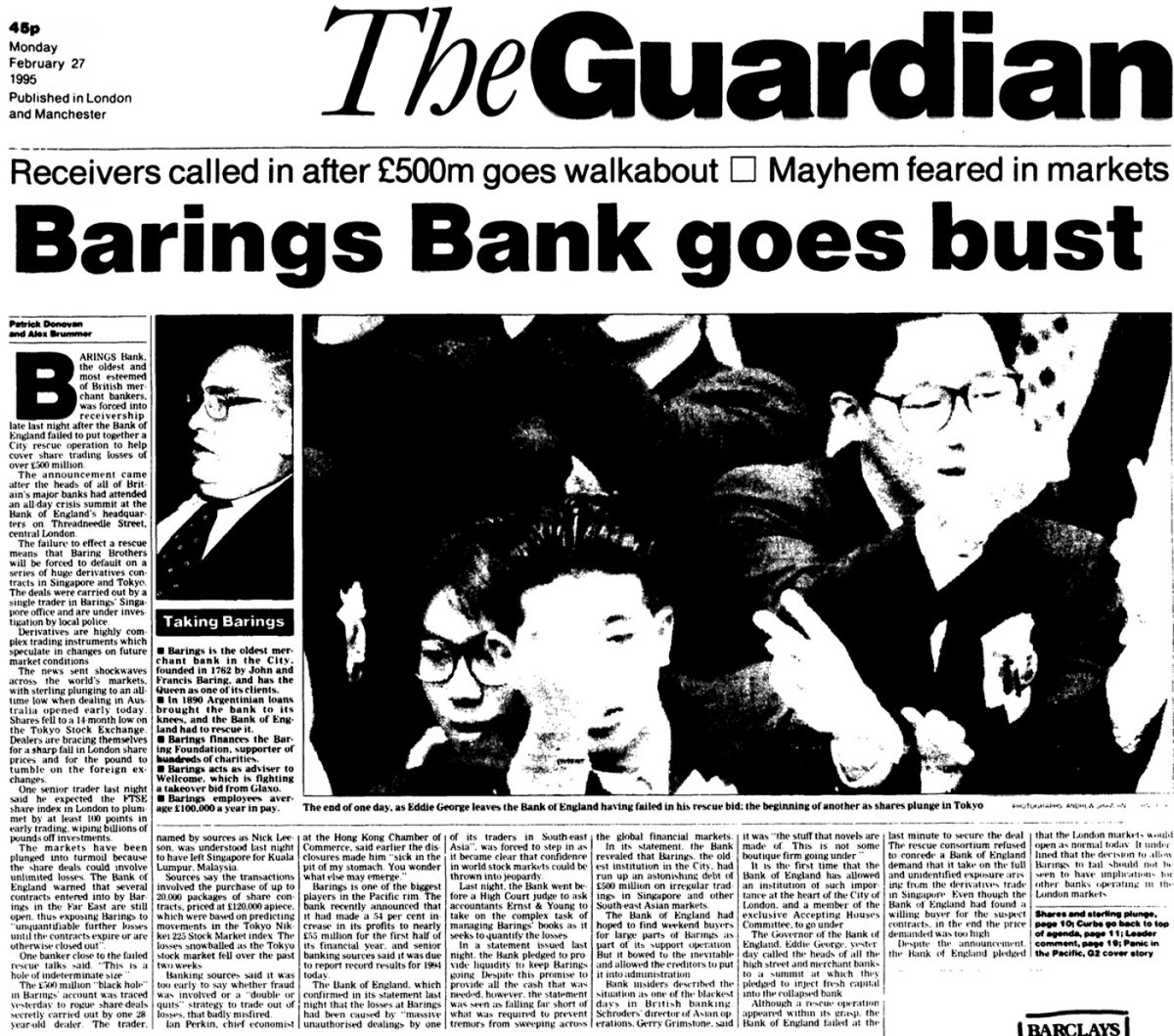Privacy includes several contexts for individuals. There are three aspects of individual expectations to define the term “privacy”. The first aspect is the expectation of anonymity, which was defined as “The Right to Be Let Alone”. Individuals would expect an environment where no one can access their personal information in no matter physical or digital world. Another one is the expectation of control over information. Individuals would expect that professionals and companies would only collect the customers’ information for the purpose of providing services and they would not use or disclose the information for other commercial purposes. And the third expectation is about the confidentiality of personal documents, including e-mails and medical records. Individuals would expect that they could feel free to conduct online or offline activities without others disruptions. However, these expectations are being challenged by the digital technologies, which keep collecting personal information in our daily lives. This Continue reading
Business Ethics
Individual Privacy – A Right Masked as Luxury
Personal privacy is a concept not foreign to most, if not all individuals. Whether it is to keep certain details about themselves private or to stray away from the societal obligations tied to themselves, individuals tend to isolate themselves to prevent things close to them from becoming public. Though in the last twenty years, information technology has essentially erased the barrier dividing what personal and private information should be. Large tech companies have imposed a risk on individuals’ privacy with the way personal information is handled and distributed within those companies. Companies such as Google and Facebook constantly track an individual’s behaviours online and use their data in immoral ways that most individuals are not aware of. Google is notorious for this, and even explicitly states in their terms of service that their “…automated systems analyze your content (including emails) to provide you personally relevant product features, such as customized Continue reading
Earnings Management Practices and Techniques
What are earnings and what is earnings management? Simply stated, earnings are the accounting profits of a company. Stakeholders (current or potential providers of debt and equity capital, employees, suppliers, customers, auditors, analysts, rating agencies, and regulators) use earnings to make important financial decisions. Many investors view earnings as value relevant data that is more informative than cash flow data. Others have suggested that current earnings are better predictors of future cash flows than are current cash flows. In the US, these profits are derived using Generally Accepted Accounting Principles (GAAP) – a system based on the accrual method, which measures the performance and position of a company by recognizing economic events regardless of when cash transactions occur. The general idea is that economic events are recognized by matching revenues to expenses at the time in which the transaction occurs rather than when payment is made (or received). This method Continue reading
Business Ethics Case Study: The Volkswagen Emissions Scandal
Over the last few decades, there has been great concern regarding the sustainability and conservation of the environment. Environmental pollution and globalization have become the concern of most environmental protection agencies. The harmful and mortal effects of nitrogen oxide, which is a pollutant found in car exhaust have led the Environmental Protection Agency (EPA) to tighten emission control considering the attention paid to conservation and saving the green. These concerns have made the EPA constantly announce restrictions for standard emissions for all types of vehicles the sports car, heavy-duty trucks, automobiles, and other types of cars. These stringent measures are necessary considering that nitrogen gas emitted is harmful to human health and results in diseases such as asthma, premature death, bronchitis, and respiratory and cardiovascular. In 2015, the scandal regarding diesel cheat damaged the image of the Volkswagen Company. In light of the discovery of the diesel dupe of Volkswagen Continue reading
Case Study: Nick Leeson and the Collapse of Barings Bank
In 1985, Nick Leeson had a job as a clerical work at Coutts & Co. The Coutts & Co is a private banking house in United Kingdom which own by aristocrat. This bank was a subsidiary of the National Westminster Bank. During that period, the stock markets were rising for several years and the bank were expanding into a new financial instruments coming in and demand for labor was high. During that time, Nick Leeson was the person who had many working class young men. After two years, Nick Leeson moved to Morgan Stanley, one of the US investment bank. Nick Leeson be a settlements clerk at that bank. Nick Leeson can absorb more knowledge about new derivatives market from that bank. In 1989, Nick Leeson was applying a for job at Baring Securities due to his own knowledge with trading in Japan, that time Nick Leeson was 22 years Continue reading
Creative Accounting – Definition, Techniques and Ethical Considerations
Definition of Creative Accounting Creative accounting is accounting practice that falls outside the regulation and give benefit to certain people. It can be described as a practice with a clear aim to interrupt the financial reporting process which affects reported income to make it looked normal and provides no true economic advantages to relevant parties like shareholders. Concisely, creative accounting is the transformation of financial accounting figures from what they actually are to what users’ desire by taking advantage of the accounting policies which is permitted by accounting standards. Creative accounting is a practice that potentially being undertaken as a result from some individual care more on their own interest and indirectly causes issues arise in ethical dimension of creative accounting. From information perspective, agency theory gives a clear picture on creative accounting scenario. Whereby managers misuse their privileged position in manipulating financial reporting in their own interest which Continue reading




